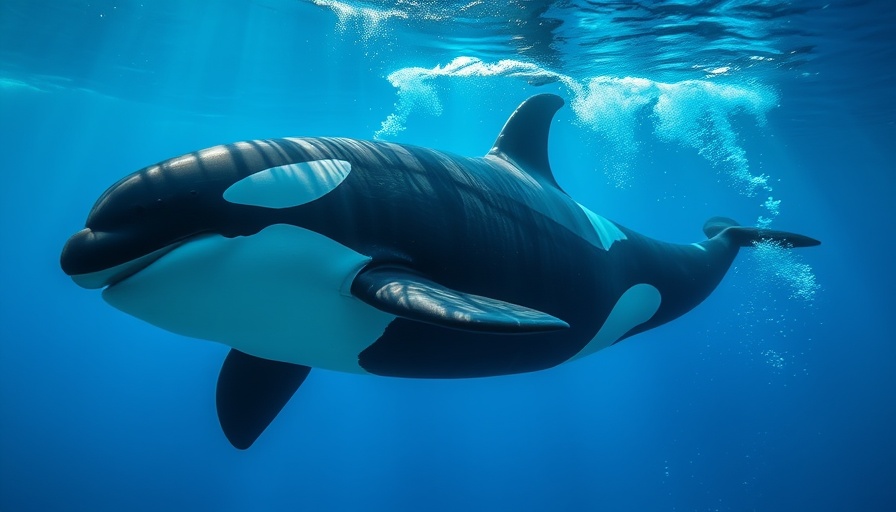
Orcas and Humans: A Dangerous Dance in the Strait of Gibraltar
In the summer of 2020, a curious incident unfolded in the Strait of Gibraltar, where orca interactions with small boats became a bewildering reality that still perplexes marine biologists today. British sailor Martin Evans found himself in the heart of this phenomenon during a journey from England to Greece.
In 'Orca interactions - Danger in the Strait of Gibraltar', the documentary examines striking incidents involving orcas and boats, prompting an analysis of human impact on marine wildlife.
As he and his crew sailed through the tensions of the Strait, an unexpected encounter with a pod of orcas unfolded. The orcas, known for their intelligence and social structures akin to humans, began to attack sailboats. With approximately 500 recorded encounters by the end of 2024, and about 20% resulting in severe damage, the mystery deepens. Why are these majestic creatures exhibiting such unusual behavior?
Unraveling the Orca Mystery
Marine biologists have categorized these encounters as interactions driven possibly by a hunting instinct or playful behavior. In the narrow waters of the Strait, researchers note that the migration patterns of bluefin tuna—the orcas’ primary prey—are intricately linked to these encounters. Alfredo Lopez of the Atlantic Orca Working Group has been at the forefront of investigating these incidents, establishing guidelines for sailors and observing the behaviors of these pods.
Lopez and his team utilize a traffic light app to signal the potential risks of interactions, aiming to enhance maritime safety while fostering an understanding of the orcas’ behavioral changes, driven perhaps by a dwindling food supply.
The Human-Orca Connection: A Call for Understanding
This phenomenon signifies not just a series of harmless interactions but a crucial moment for human reflection. As humans and orcas occupy the same marine space, challenges arise that compel us to reconsider our approach to coexistence. The Iberian orca population is critically endangered, and with human activities—like commercial shipping—encroaching their habitat, the creatures’ survival is at stake.
Miguel Gonzalez, another marine scientist involved in the research, expresses concern about aggressive human reactions to orcas, stating that such actions may only escalate conflicts. It’s imperative for us to adopt measures that prioritize coexistence rather than conflict.
Ultimately, the interactions unfolding in the Strait of Gibraltar challenge our understanding of marine ecosystems and highlight the necessity of empathy and respect for wildlife. As we adapt to our roles in these shared environments, we must strive to minimize our impact and ensure that orcas continue to thrive in their natural habitat.
 Add Row
Add Row  Add
Add 




Write A Comment